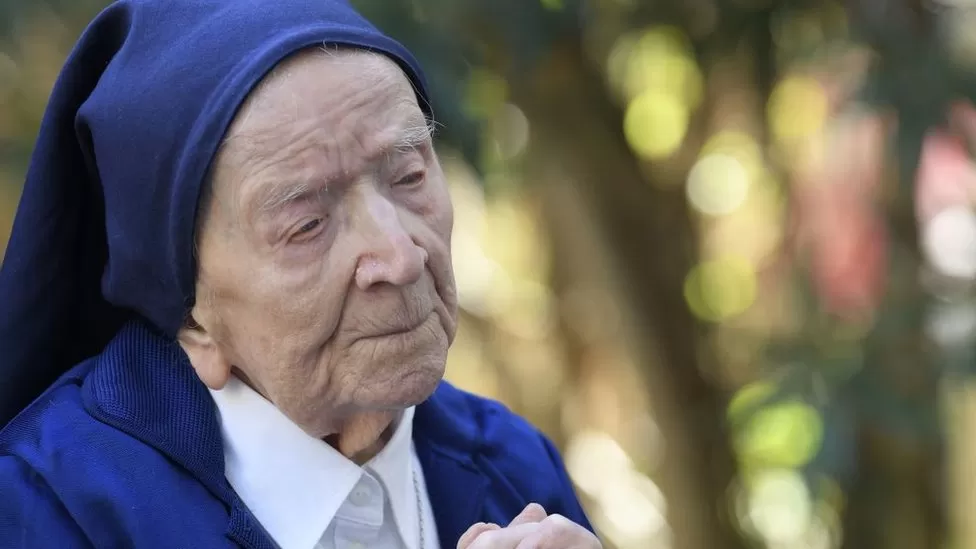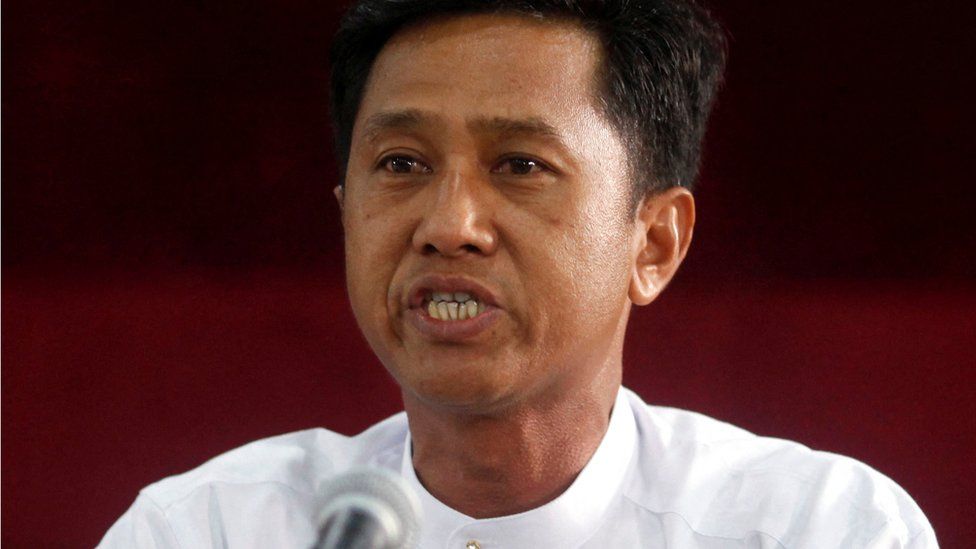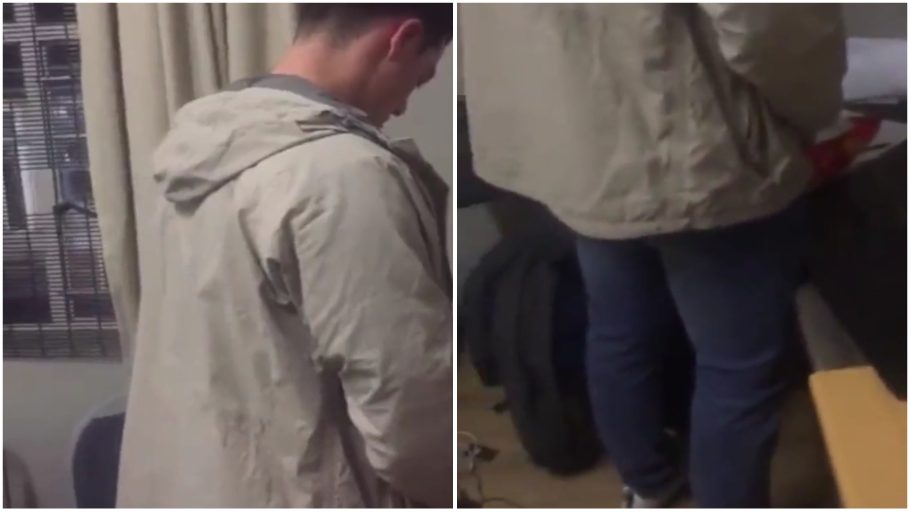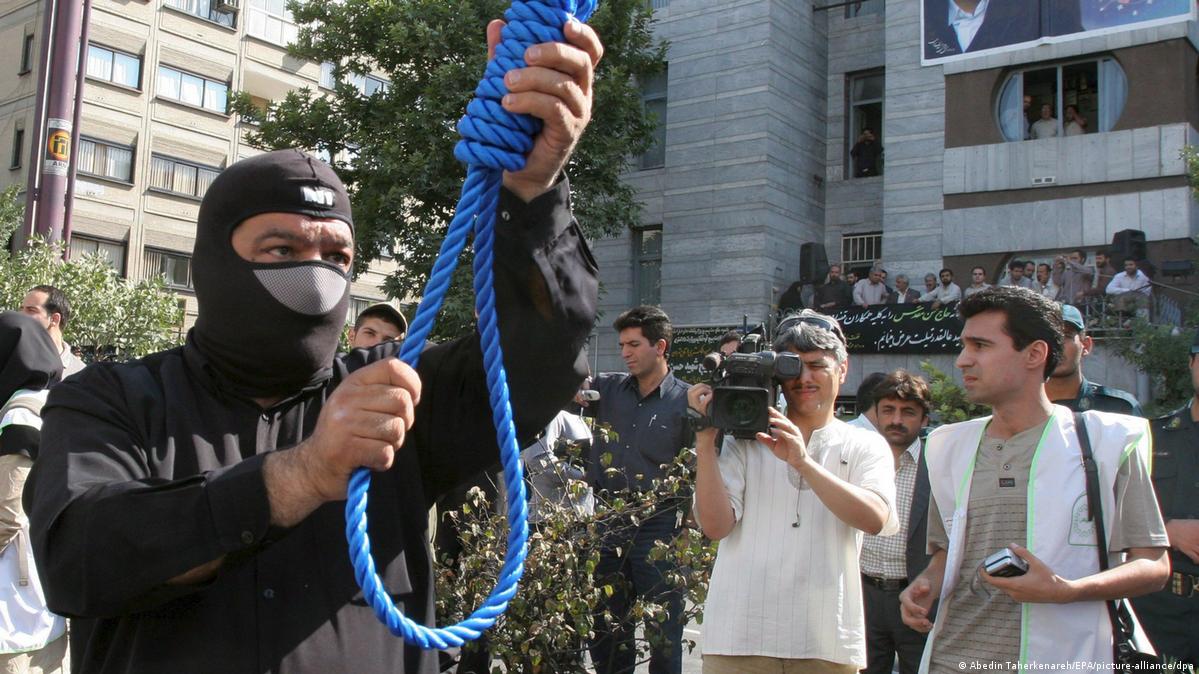Iran Probes Poisoning Of Hundreds Of Schoolgirls With Toxic Gas
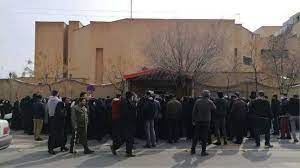
Almost 700 girls have been poisoned by toxic gas in Iran since November, in what many believe is a deliberate attempt to force their schools to shut.
No girls have died, but dozens have suffered respiratory problems, nausea, dizziness and fatigue.
“It became evident that some people wanted all schools, especially girls’ schools, to be closed down,” the deputy health minister said on Sunday.
However, he later said that his remarks had been misunderstood.
The prosecutor general announced last week that he was opening a criminal investigation. However, he said that the available information only indicated “the possibility of criminal and premeditated acts”.
Meanwhile, public frustration is continuing to grow.
The first poisoning took place on 30 November, when 18 students from the Nour Technical School in the religious city of Qom were taken to hospital.
Since then, more than 10 girls’ schools have been targeted in the surrounding province.
At least 194 girls are reported to have been poisoned in the past week at four schools in the city of Borujerd, in the western province of Lorestan.
And on Tuesday another 37 students were poisoned at the Khayyam Girls’ School in Pardis, near the capital Tehran.
The poisoned girls have reported the smell of tangerine or rotten fish before falling ill.
Earlier this month, at least 100 people protested outside the governor’s office in Qom.
“You are obliged to ensure my children’s safety! I have two daughters,” one father shouted in a video widely shared on social media. “Two daughters… and all I can do is not let them go to school.”
“This is a war!” declared a woman. “They are doing this in a girls’ high school in Qom to force us to sit at home. They want girls to stay at home.”
Some parents have said their children were ill for weeks after the poisoning.
Another video from a hospital shows a teenage girl lying dazed on a bed, with her mother beside her.
“Dear mothers, I’m a mother and my child is in a hospital bed and her limbs are weak,” says the distraught mother. “I pinch her but she doesn’t feel anything. Please don’t send your children to school.”
Religious Heartland
At a news conference on Sunday, Deputy Health Minister Younes Panahi said the girls had been poisoned by chemicals that “are not military grade and are publicly available”.
“The pupils do not need any invasive treatment and it’s necessary to maintain calm,” he added.
Dr Panahi’s comment that it was “evident that some people wanted all schools… to be closed down” appeared to confirm the government believed the poisonings were premeditated.
His subsequent denial suggested splits among officials over how to handle public anger when no suspects have been identified.
The poisonings have notably been concentrated in Qom, a city that is home to important Shia Muslim shrines and the religious leadership that forms the backbone of the Islamic Republic.
Since September, the clerical establishment has been challenged by the mass protests that erupted after the death in custody of a young Kurdish woman, Mahsa Amini, who was detained by morality police for allegedly failing to wear her headscarf “properly”.
Some Iranians have speculated that if the schoolgirls are being poisoned as “payback” for their role in the unrest. Social media was flooded with videos showing schoolgirls ripping off their headscarves and chanting anti-establishment slogans.
Others have speculated that the poisonings are the work of hardliners who want to “copy” the Taliban in Afghanistan and the militant Islamist group Boko Haram in Nigeria by terrorising parents to stop sending their girls to school.
“Has Boko Haram come to Iran?” former Vice-President Mohammad Ali Abtahi asked in an Instagram post.
The reformist politician also warned that “extremists will interpret the boundaries of government and religion in their favour”.
Iran’s leaders have traditionally rejected criticism of its restrictions on women, such as the mandatory headscarf, and instead boasted about the number of women who attend university. But if young girls do not finish school, college is just a dream.
The comments of one schoolgirl, who says she has been poisoned twice, at the meeting with Qom’s governor earlier this month highlighted how vague and misleading some of the statements from the authorities have been.
“They [officials] tell us: ‘All is good, we’ve done our investigation.’ But when my father asked at my school, they told him: ‘Sorry, the CCTV has been down for a week and we can’t investigate this,'” she said.
“And when I was poisoned for the second time on Sunday, the school principal said: ‘She has a heart condition, that’s why she is hospitalised.’ But I don’t have any heart condition!”
Source: BBC




